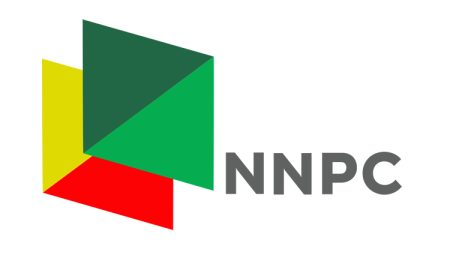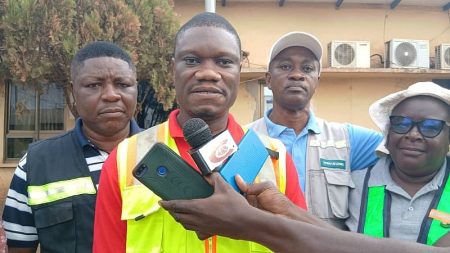Dr. Sayo Akintola, the Resident Media Consultant for the National Agency for Foods and Drug Administration and Control (NAFDAC), has clarified that the demands raised by protesting NAFDAC staff members fall outside the agency’s jurisdiction. In a recent interview, he emphasized that the only entity capable of addressing the employees’ concerns is the Head of the Service of the Federation. The unrest began on October 7 when the Senior Staff Association of Statutory Corporations and Government-Owned Companies, which represents NAFDAC workers, initiated an indefinite strike. This was triggered by ongoing disputes regarding promotions and various welfare concerns, highlighting the depth of dissatisfaction amongst the staff.
The Medical and Health Workers Union of Nigeria, specifically the NAFDAC branch, has also expressed its commitment to maintaining strike actions until their demands are satisfactorily addressed. Adetoboye Ayodeji, the chairman of the union’s NAFDAC chapter, added that it is incumbent upon the agency’s management to engage with the unions to demonstrate their willingness to resolve these pressing issues. This indicates a desire for negotiation and collaboration, as both parties seek a resolution that could ultimately benefit the agency and its workforce.
Akintola reiterated that several of the protestors’ demands, particularly those regarding promotions, rest with the Head of the Service of the Federation and are not matters for the management to unilaterally resolve. He made it clear that although NAFDAC oversees the promotion examination process, the actual promotion decisions hinge on the number of available positions and budgetary constraints imposed by the Federal Government. This points to a broader systemic issue within public service organizations in Nigeria, where financial limitations can hinder the fulfillment of employee expectations.
Acknowledging the current strike’s impact, Akintola assured the protesting staff that communication has been initiated with the Ministry of Health to table their concerns. He urged patience from the employees, emphasizing that the government is considering their promotion issues and other outstanding demands. This suggests that while immediate resolutions may not be feasible, there is hope for eventual outcomes that could satisfy the staff and address the grievances raised.
The strike has led to significant disruptions within the operational framework of the maritime sector, especially concerning the importation of medicines and chemical substances. According to Taiwo Fatobilola, the National Public Relations Officer of the Association of Registered Freight Forwarders of Nigeria, NAFDAC’s lack of operational activity has resulted in delays of consignments, as medications cannot be cleared without NAFDAC’s approval, leading to a backlog at customs. This not only hinders the timely distribution of medical supplies but also exacerbates logistics challenges within the industry.
The situation has further aggravated the frustrations of many in the clearing and logistics sector, as outlined by various agents like Olatoye Otubade and Ejiogu Ikenna. Containers holding goods that require NAFDAC clearance are left stranded, incurring mounting charges due to the inability to facilitate necessary inspections and clearances. This has considerable repercussions for manufacturers and the economy at large, as delays continue to escalate costs and create additional strain within the supply chain. Thus, the ongoing strike not only highlights internal labor disputes but also illustrates its far-reaching consequences across the stakeholders reliant on the timely clearance of regulated goods.














